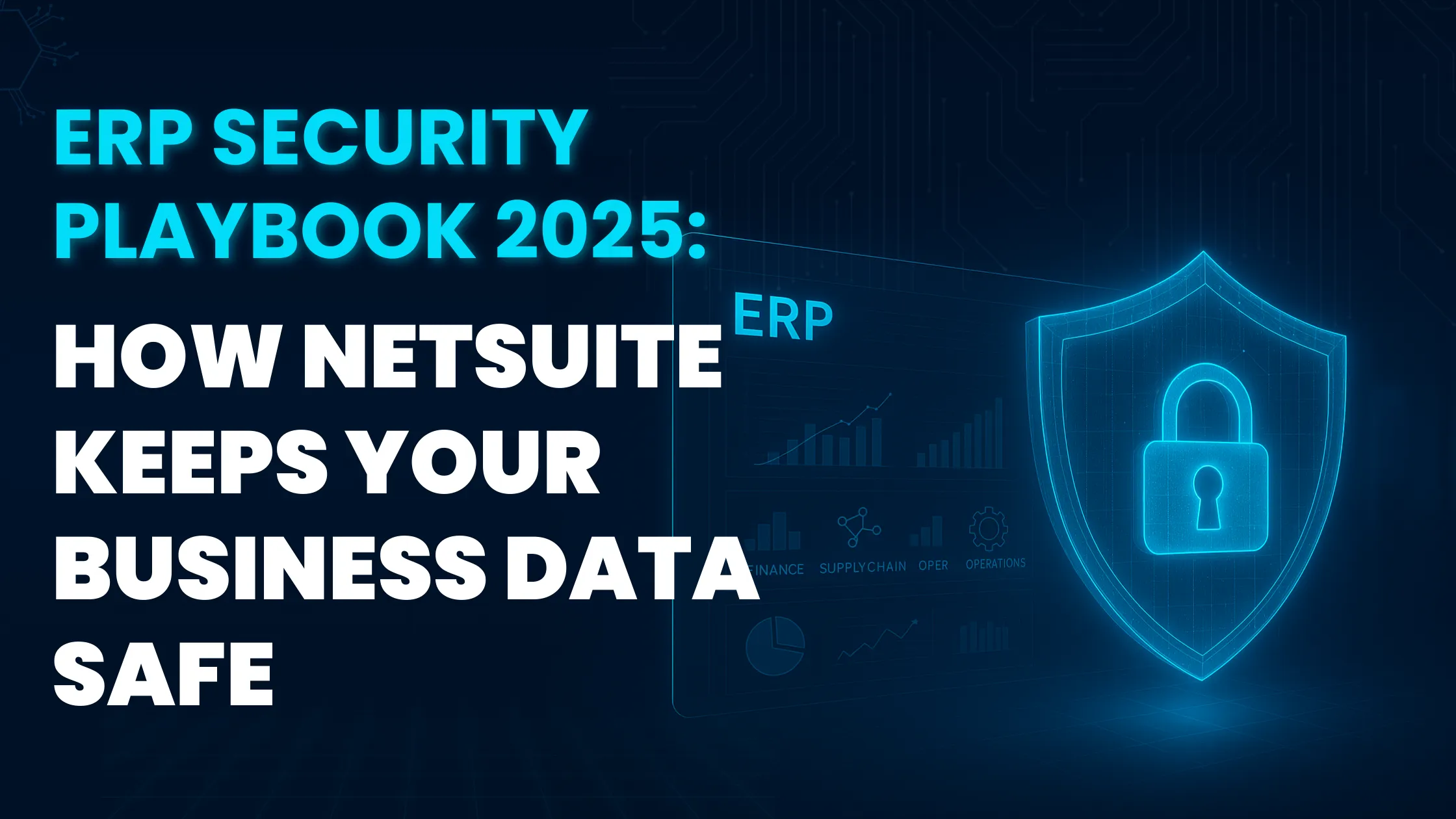
ERP Security Playbook 2025: How NetSuite Keeps Your Business Data Safe
In 2025, organizations face a rapidly evolving cyber threat landscape. From ransomware attacks to insider risks, protecting sensitive business data is more urgent than ever. Enterprise Resource Planning (ERP) systems like Oracle NetSuite are at the heart of every major business operation, managing everything from financial data to logistics. But what makes NetSuite a leading choice for security-minded companies?
Let’s explore the features and strategies that help keep your data safe in today’s digital era.
Why ERP Security Is a Business Imperative
Modern ERP platforms integrate critical business functions, making them attractive targets for cybercriminals. A single breach can lead to exposure of financial records, customer information, and intellectual property. Cybersecurity Ventures forecasts that by 2025, cybercrime costs will surpass $10.5 trillion annually, highlighting the dire need for robust, cloud-based security controls. For business owners, investing in state-of-the-art ERP security is no longer an option-it’s a requirement.
NetSuite’s Multi-Layered Security Approach
NetSuite has built a reputation on its multi-layered security framework, which includes:
- Data Encryption: NetSuite secures all data using AES-256 encryption at rest and TLS 1.2+ encryption in transit, ensuring information remains private and unreadable to unauthorized parties.
- Role-Based Access Control (RBAC): User permissions are rigidly defined by roles, meaning employees only see and interact with data necessary for their job functions, reducing risk from internal threats.
- Multi-Factor Authentication (MFA): Adding an additional layer of login protection, MFA ensures that even compromised passwords aren’t enough to gain unauthorized access.
- Regular Security Audits: NetSuite adheres to top industry standards, including SOC 1, SOC 2, and ISO 27001 certifications. These regular third-party audits confirm that security protocols meet or exceed regulatory expectations.
Proactive Threat Detection and Response
NetSuite leverages artificial intelligence and machine learning to monitor accounts for unusual behavior and potential threats. This includes:
- Real-time detection of suspicious login attempts or unauthorized access.
- Automated alerting systems, ensuring IT teams can respond quickly.
- Well-defined incident response plans that isolate potential breaches before they escalate.
Compliance Built-In
Organizations operating across multiple regions must satisfy strict data privacy regulations. NetSuite supports compliance needs for GDPR, CCPA, HIPAA, and other frameworks. It offers detailed activity logs, audit trails, and reporting, making regulatory compliance more streamlined and less stressful for IT and finance teams.
Your Role in Securing ERP Data
While NetSuite delivers enterprise-grade security, your business also has responsibilities. Maximize your ERP security strategy by:
- Regularly reviewing and updating access permissions.
- Enforcing strong password policies.
- Training employees on digital hygiene and recognizing phishing attempts.
- Auditing third-party integrations to minimize risk exposure.
Key Takeaways
In 2025, ERP security means being prepared for anything. NetSuite’s robust controls, proactive monitoring, and compliance-ready tools ensure you’re equipped to handle today’s threats. But the strongest defense also requires a security-minded culture-empowering people, not just technology, to keep your business safe.
Ready to take your data security to the next level? Connect with Empower Growth Solutions to discover how NetSuite can future-proof your business. Connect with Empower Growth Solutions to discover how NetSuite can future-proof your business.

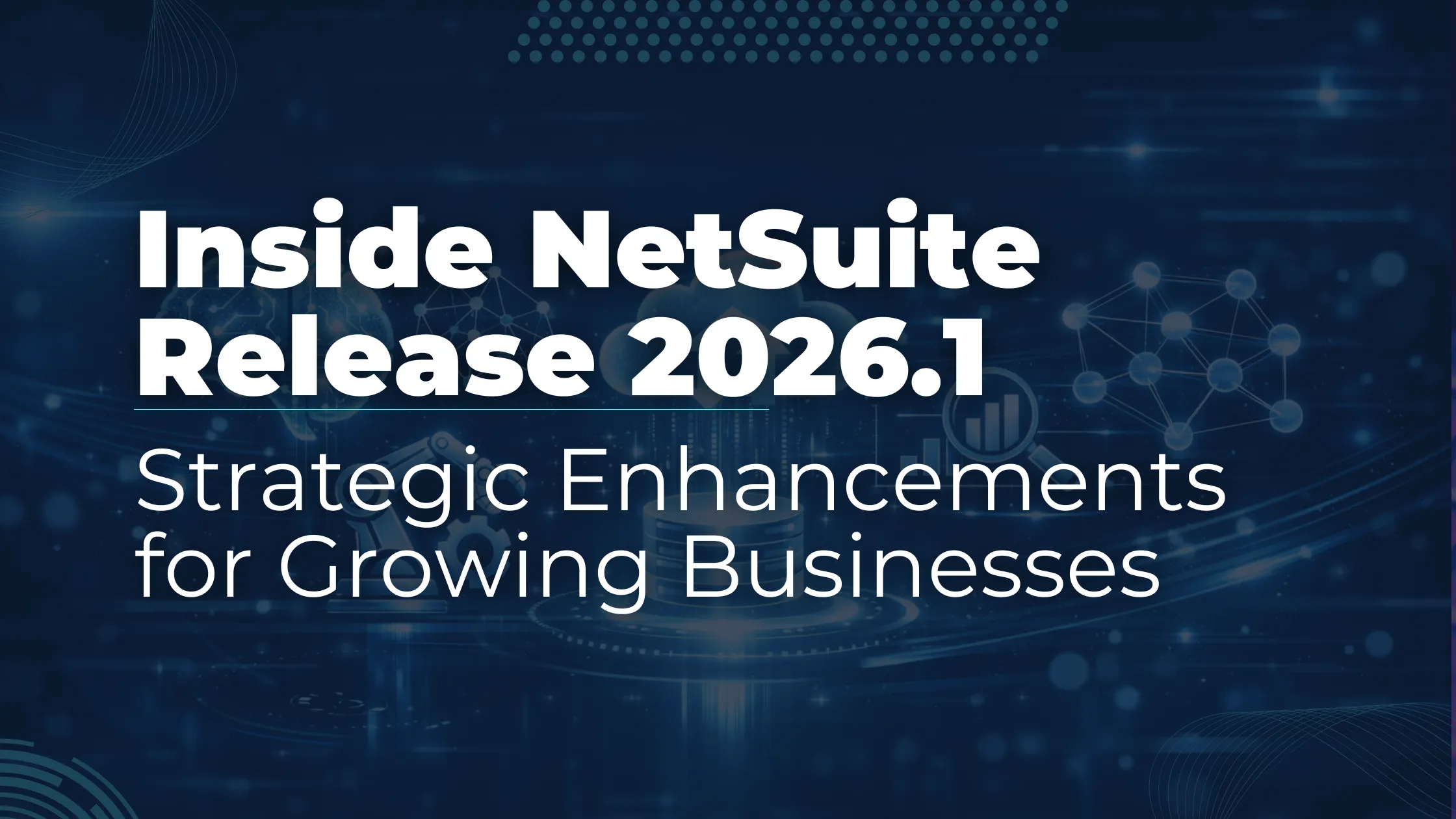
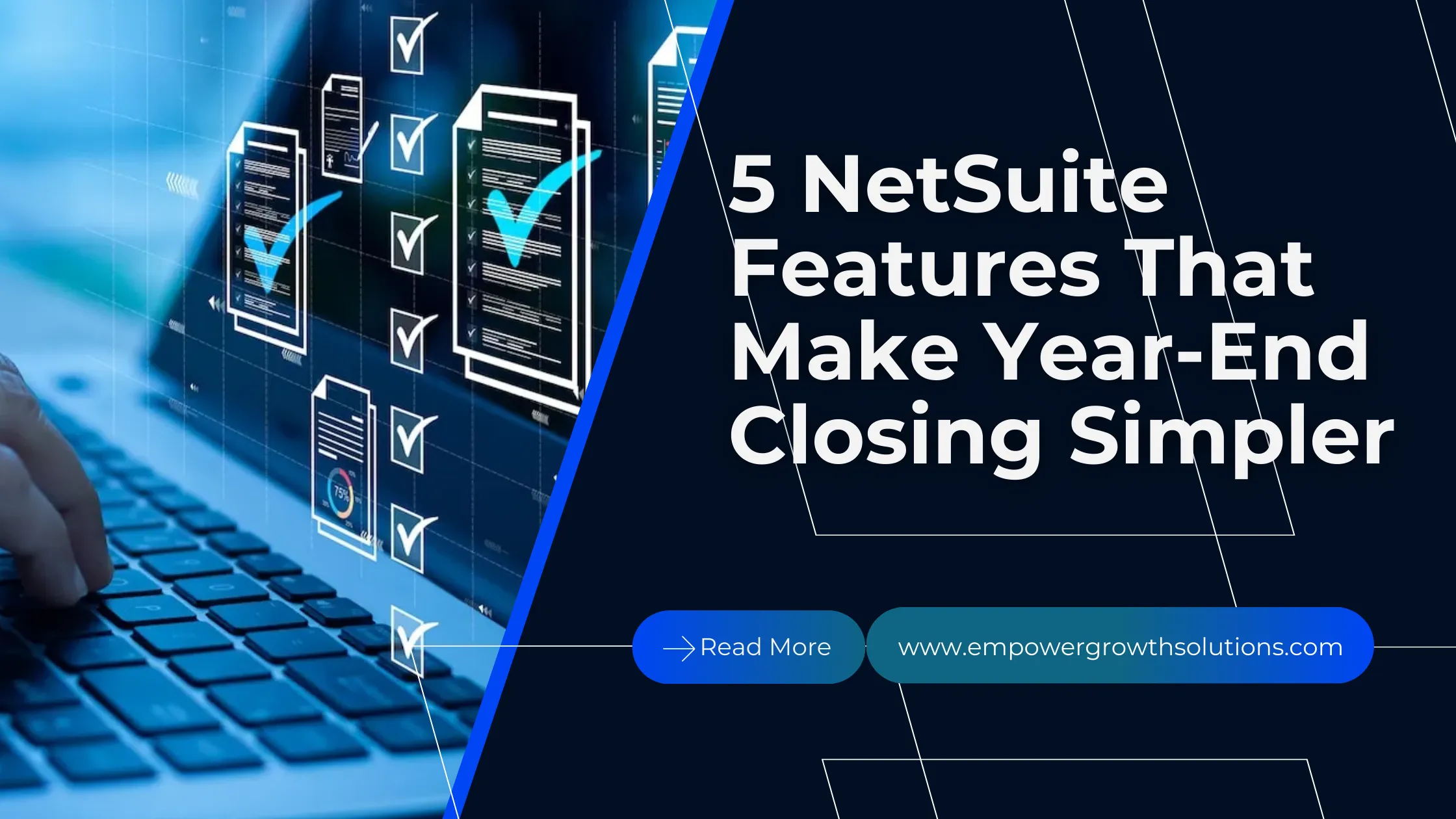
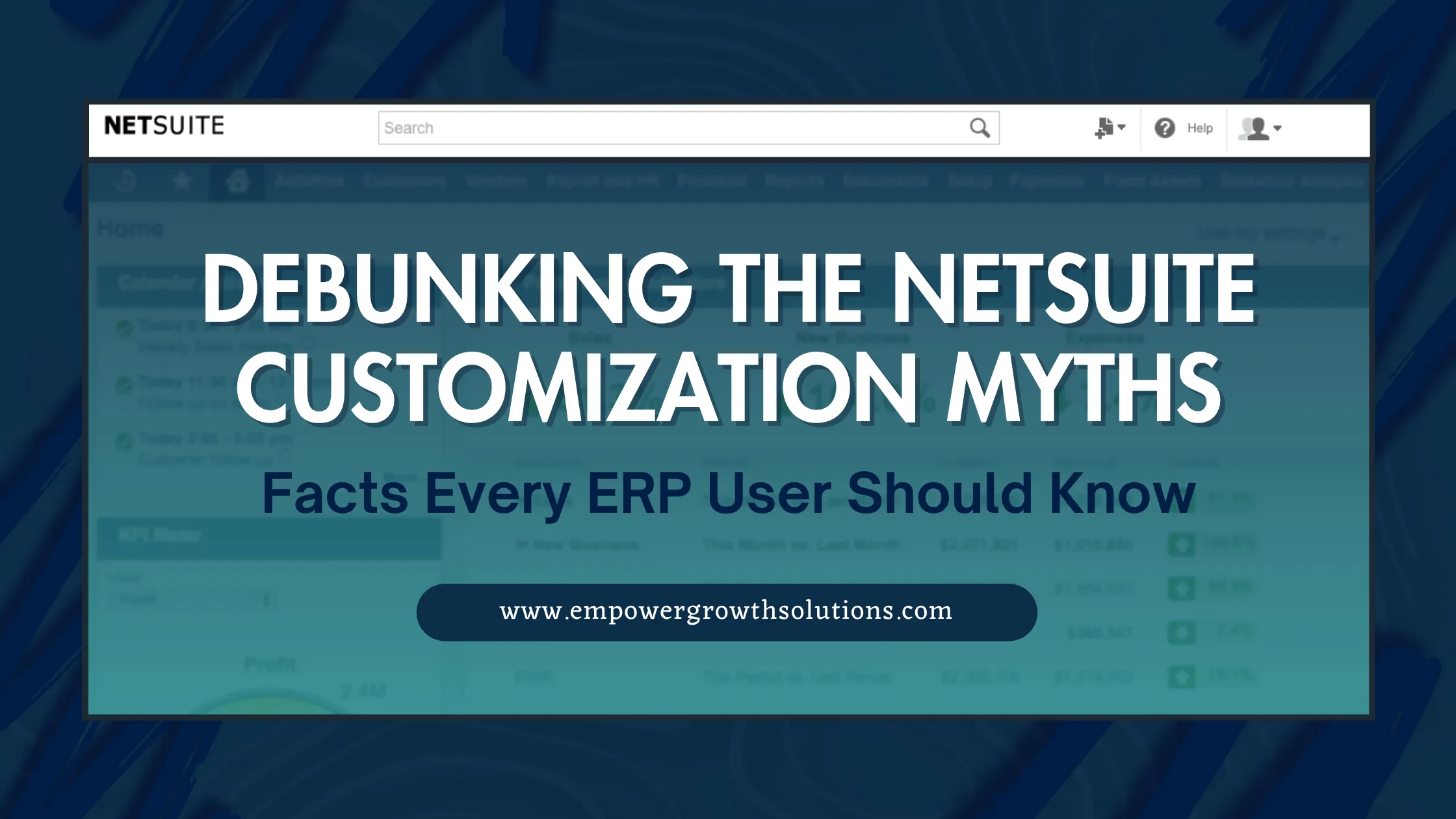
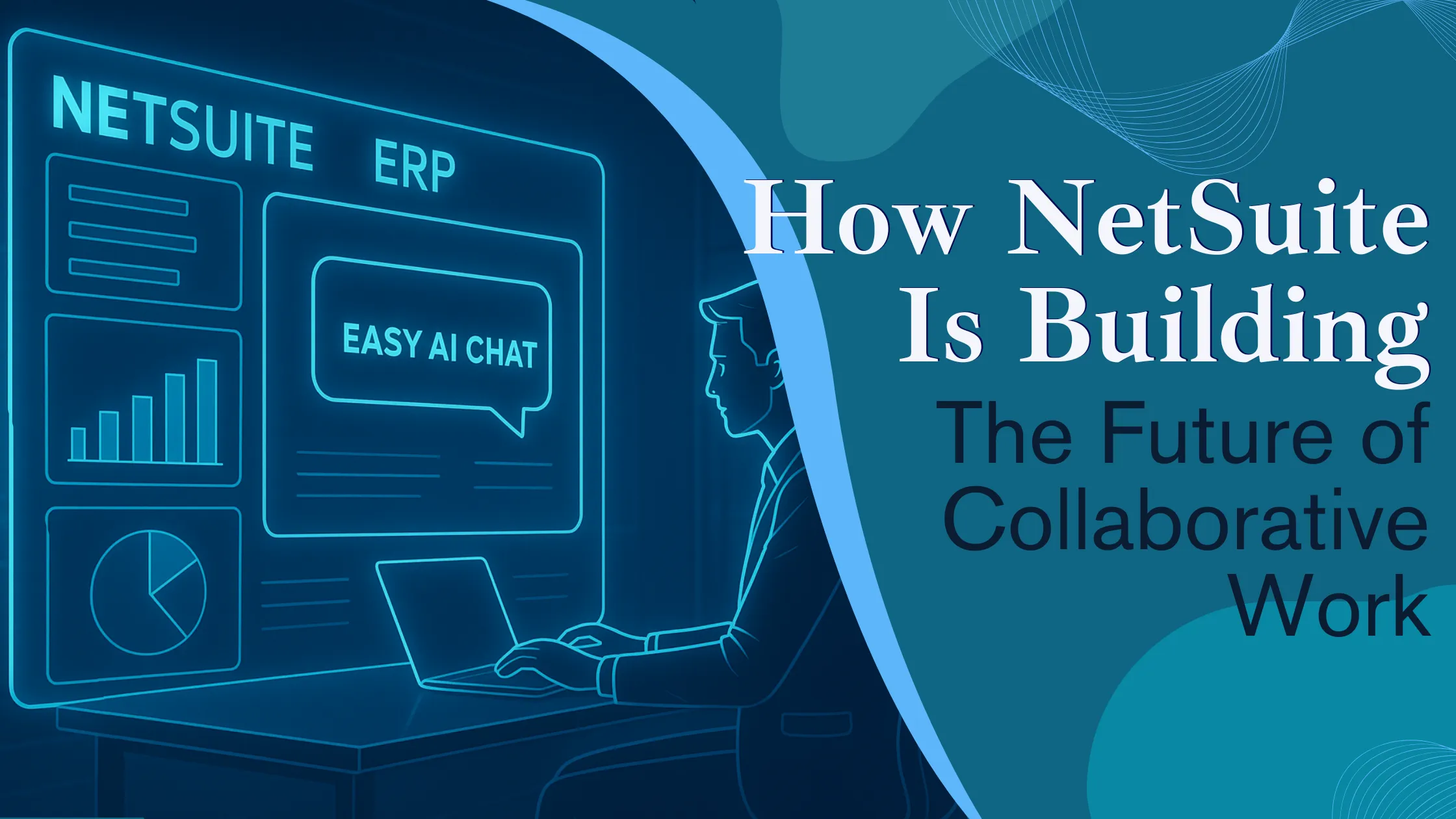

0 Comments